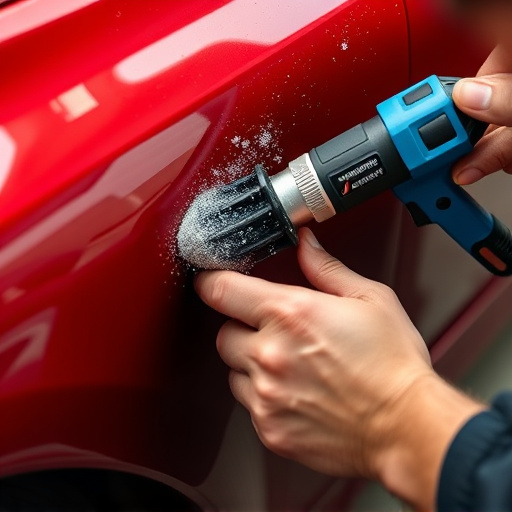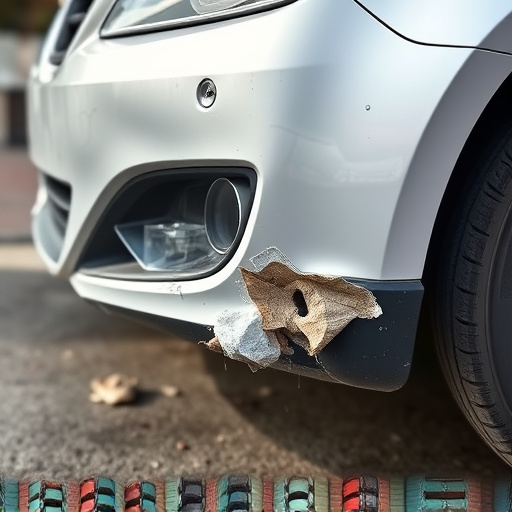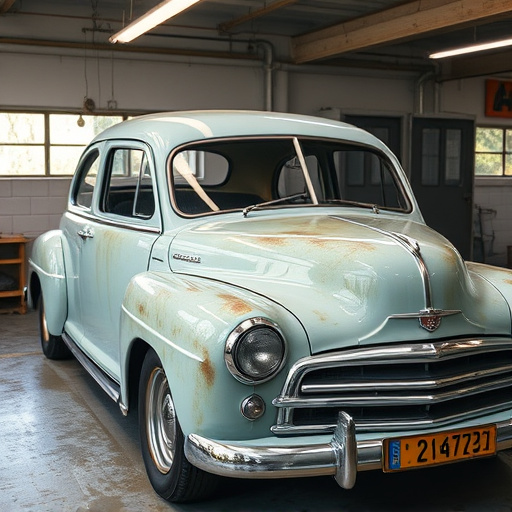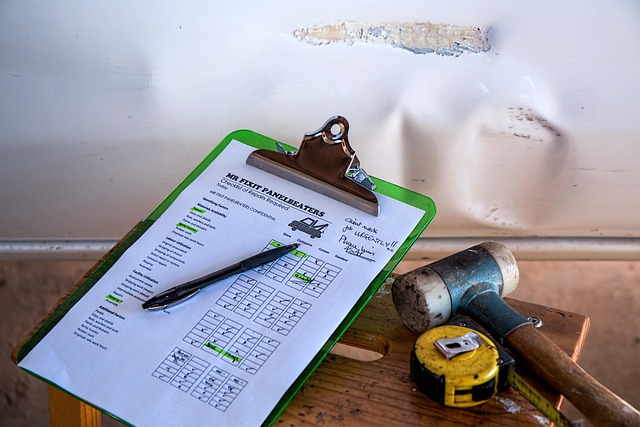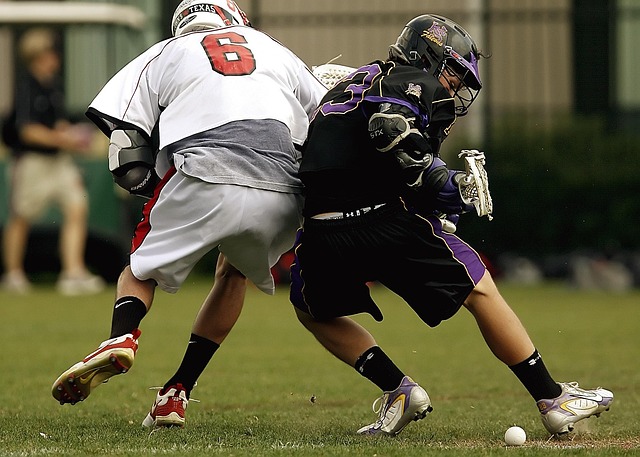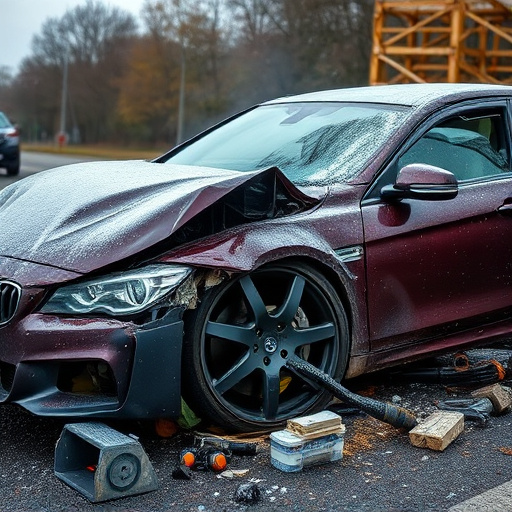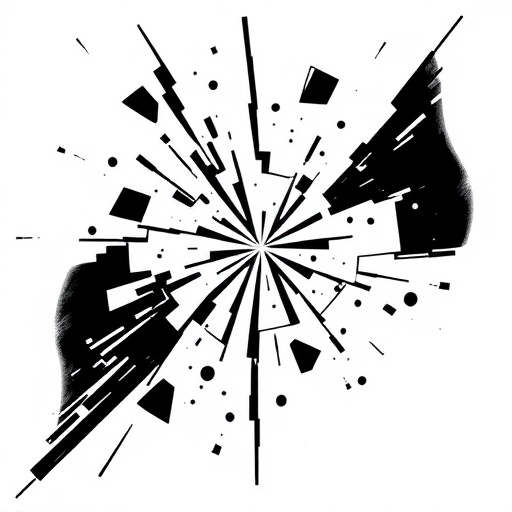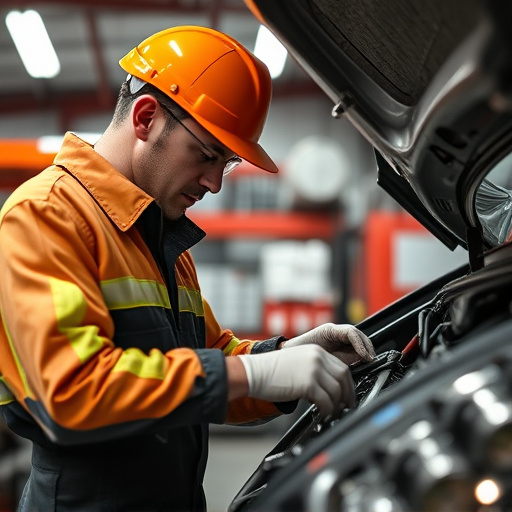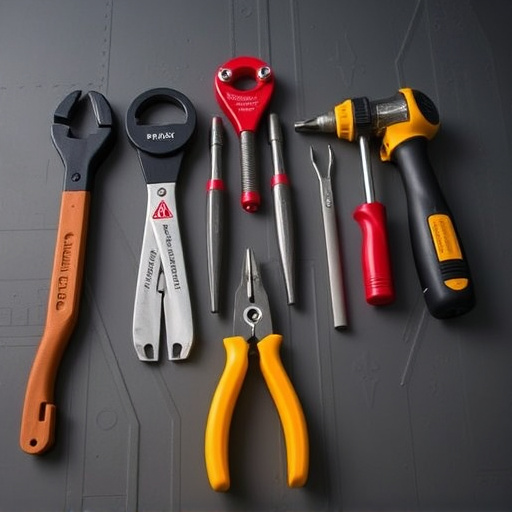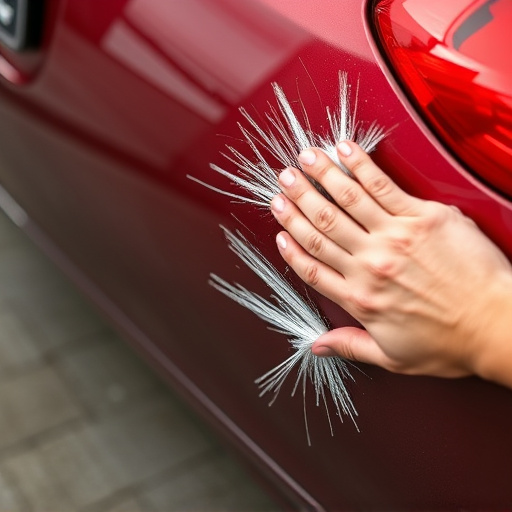The quality of parts used in accident repair estimates greatly affects cost and outcome, impacting customer satisfaction and vehicle safety. Genuine or certified parts ensure durability and reduce future issues, while substandard materials may save money initially but compromise structural integrity. A thorough assessment of all factors, including part costs, repair complexity, labor, and technician skill, is essential for accurate accident repair estimates. Best practices, training, inventory audits, and partnerships with trusted suppliers are key to maintaining high standards in auto body shops.
In the realm of accident repair, accurate estimates are paramount for efficient operations and customer satisfaction. However, the quality of replacement parts significantly influences these estimates, often with unforeseen consequences. This article delves into the intricate relationship between parts quality and accident repair estimates, exploring factors affecting predictions and highlighting best practices to ensure precision. Understanding these dynamics is crucial for maintaining high standards in the industry.
- Understanding Parts Quality Impact on Estimates
- Factors Affecting Accurate Repair Cost Predictions
- Best Practices for Ensuring Parts Quality in Repairs
Understanding Parts Quality Impact on Estimates

The quality of parts used in accident repair estimates plays a pivotal role in determining the overall cost and outcome of the restoration process. High-quality parts ensure precision, durability, and longevity in repairs, directly impacting customer satisfaction. In the realm of car body shops and vehicle paint repair, using genuine or certified replacement parts can significantly reduce the risk of future issues, ensuring the safety and reliability of the vehicle.
When a car scratch repair or more complex damage occurs, the choice of parts can make a substantial difference. Substandard or lower-quality materials might appear cheaper initially but could compromise structural integrity and aesthetic appeal over time. This can lead to additional costs down the line for repairs, as well as potential safety hazards, especially in critical components like brakes or suspension systems. Thus, accurate assessment and selection of parts are crucial for reliable accident repair estimates.
Factors Affecting Accurate Repair Cost Predictions
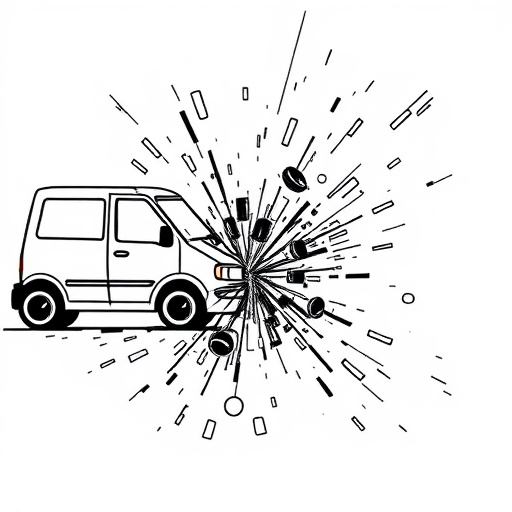
Accurate prediction of accident repair costs is a complex task due to various factors that can significantly impact the final estimate. One of the key aspects is the quality of replacement parts used, which plays a crucial role in ensuring both the safety and durability of the vehicle. While generic or lower-quality parts might be cheaper, they may not meet the original equipment manufacturer’s (OEM) standards, potentially compromising the car’s performance and reliability.
Additionally, the complexity of the repair itself, labor costs, and availability of specialized services within a collision repair shop all contribute to the overall estimate. The skill and efficiency of technicians, along with the shop’s infrastructure and equipment, can either expedite or delay the repair process, directly affecting the final price. Therefore, for accurate accident repair estimates, it is essential to consider not just part costs but also these intricate variables that influence the scope and outcome of collision repair services, such as car dent repair or more extensive damage restoration.
Best Practices for Ensuring Parts Quality in Repairs
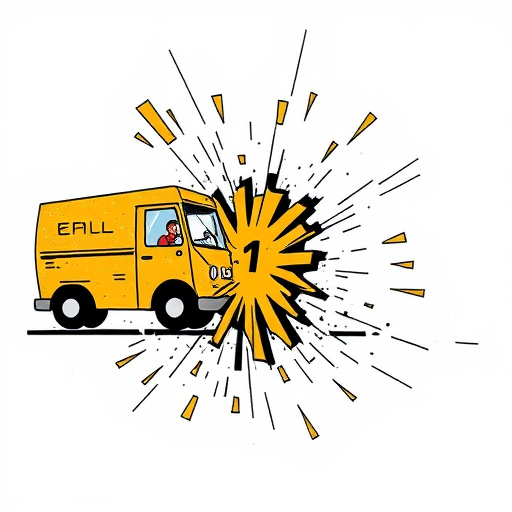
Ensuring parts quality is paramount in accurate accident repair estimates. To maintain high standards, auto body shops should adhere to best practices. Firstly, using genuine or certified replacement parts from reputable manufacturers guarantees performance and longevity. Secondly, keeping detailed records of part origins and specifications facilitates traceability, ensuring that only authentic components are utilized. Thirdly, training staff on part verification procedures enables them to cross-check quality and detect any counterfeit items.
Additionally, establishing partnerships with trusted suppliers known for their quality control measures is crucial. Regular audits of inventory and supplier performance further strengthen quality management. In the realm of car restoration and automotive collision repair, these practices not only safeguard against faulty parts but also contribute to reliable vehicle repair services.
In conclusion, parts quality plays a pivotal role in the accuracy of accident repair estimates. By understanding how various factors influence cost predictions and implementing best practices to ensure high-quality parts, repair shops can provide more reliable services to customers. This approach not only enhances customer satisfaction but also contributes to the overall efficiency and integrity of the accident repair industry, ensuring that every vehicle returns to the road safely and at a fair price.
